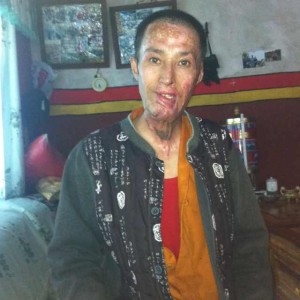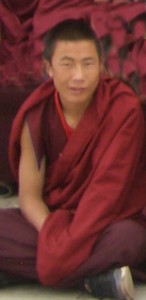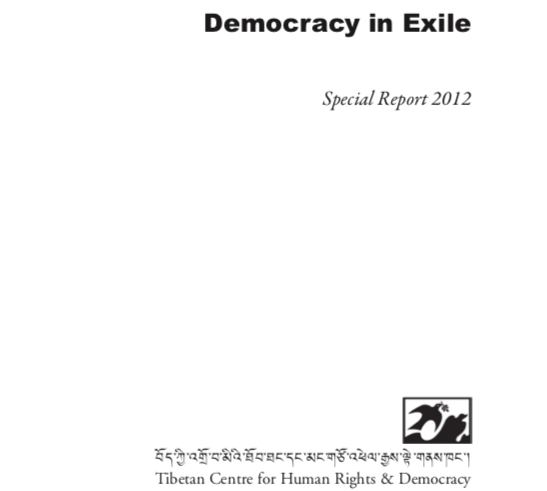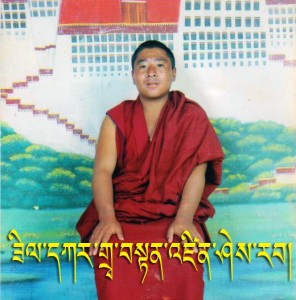
A monk from Nyatso Zilkar Monastery has been detained in Zatoe (Chinese: Zaduo) town, Tridu (Chinese: Chenduo) County in Jyekundo (Chinese: Yushu), Tibetan Autonomous Prefecture, Qinghai Province.
According to information received by TCHRD, monk Tenzin Sherab, 28, was arrested at Zatoe town by local security officers around 9 am (Tibet Time), on 1 October 2012, for unknown reasons.
A source with contacts in the area informed TCHRD that the family members of Sherab had approached the local Public Security Bureau office to inquire about the monk’s whereabouts, but had failed to get any information.

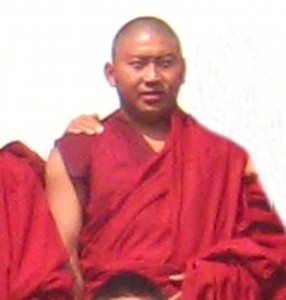
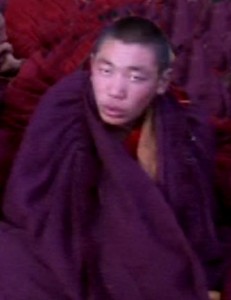
 Shonu, a monk and staff member of Drango Monastery, whose whereabouts were unknown since his arrest in February 2012, is in Mianyang Prison (Sichuan Province), a source with contacts in Tibet informed TCHRD.
Shonu, a monk and staff member of Drango Monastery, whose whereabouts were unknown since his arrest in February 2012, is in Mianyang Prison (Sichuan Province), a source with contacts in Tibet informed TCHRD.